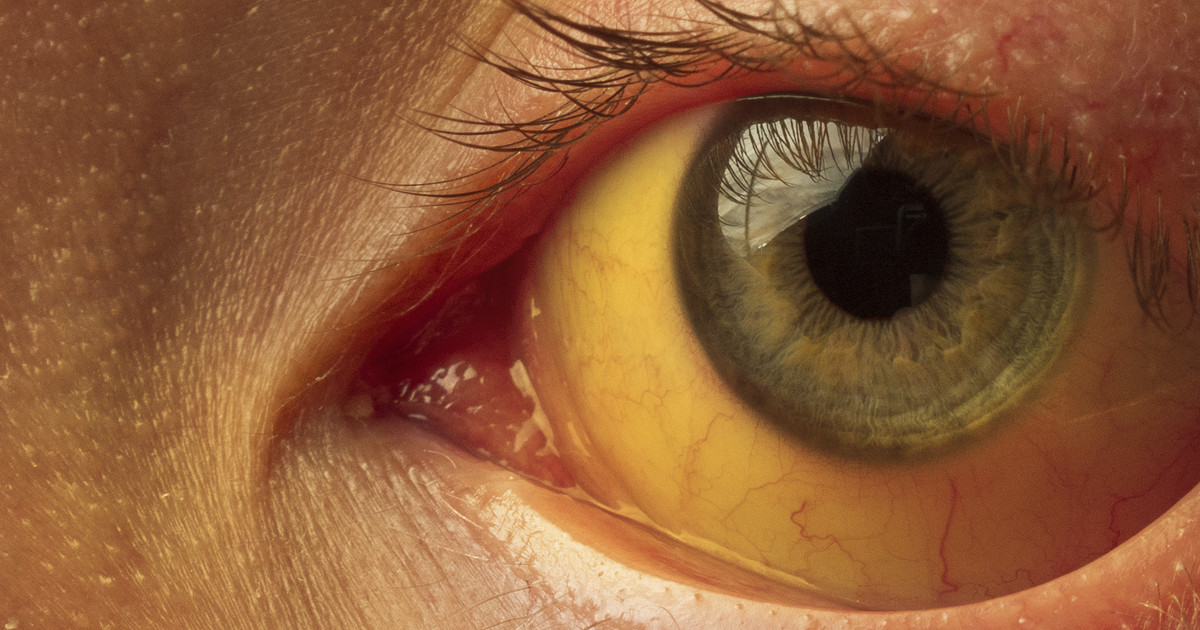What May Cause Elevated Liver Enzymes?
Elevated liver enzymes seem to indicate liver damage or inflammation. One of the common ones that may be elevated appears to be alkaline phosphatase. Most cases seem to be mild and temporary. Doctors may discover them through a routine blood test. If they do, they may want patients to come in for additional tests and follow-up appointments. Imaging studies may help them monitor the patient's liver health more closely as well.
A patient's treatment for elevated liver enzymes appears to vary based on the cause. They may need to stop taking certain pain medications. Heart surgery for heart failure may be necessary sometimes. Certain patients seem to need nonalcoholic fatty liver disease treatment. Weight loss for liver health appears to be effective as well. However, patients may still need to understand what caused their condition to receive the best elevated liver enzyme treatment.
Heart Failure
Heart failure seems to occur when an individual's heart is unable to pump enough blood throughout the body. This condition appears to be chronic and worsens over time. Patients may need constant treatment. Common symptoms may include fatigue and shortness of breath. Swelling in the legs or feet appears to be common too. Heart failure seems to place increased stress on the liver. Thus, some patients may deal with elevated liver enzymes as a result. Two more warning signs may be persistent coughing and fast weight gain due to fluid retention. At-risk groups appear to be men, and patients with high blood pressure, diabetes, or coronary artery disease. Obesity may be another significant risk factor.
Tests such as chest x-rays, CT scans, stress tests, and echocardiograms may help diagnose this condition. Some doctors will also use blood tests. These should check the patient's NT-proBNP levels. It seems that treatment for heart failure starts with medication, such as diuretics or beta-blockers. In some cases, treatment may progress to include surgeries, such as heart valve repair or replacement. Other cases may need some medical devices, such as a ventricular assist device. Severe cases seem to require a heart transplant.
Continue reading to learn about more possible causes now.

Over-The-Counter Pain Medication
Acetaminophen appears to be in many over-the-counter pain medications. It may be fairly effective at relieving pain and fever. However, this medication seems to be a common cause of liver damage. This may include elevated liver enzymes. High-risk patients may include those who take this medication for long periods or take high doses. The maximum recommended dose seems to be three thousand milligrams daily for adults. Liver patients may want to be well under this dose. Patients may want to consider taking the lowest effective dose to minimize this risk. Taking this medication only as long as necessary appears to be helpful as well.
Patients may want to avoid taking this medication for longer than five days. This appears to be even more important when it is the maximum dose. If their symptoms persist, patients may want to visit a doctor for assessment instead. Other pain medications may cause elevated liver enzymes as well as acetaminophen. One example seems to be ibuprofen. Patients may want to consult their doctor about the safest pain reliever for their needs.
Uncover more possible elevated liver enzyme causes now.

Statins
Statins seem to be a common prescription for high cholesterol. They may help reduce an individual's risk of stroke or heart attack. Research seems to indicate that this medication can reduce a patient's risk of a second heart attack or stroke by forty percent. However, statins may trigger several side effects. Common ones appear to be abdominal pain, muscle weakness, headaches, and bloating. Other possibilities may include sleeping issues and dizziness.
Statins appear to trigger elevated liver enzymes too. However, this may be a rare side effect. Patients should be able to reduce their risk by limiting their dose. Their doctor may also monitor their liver function closely. Patients seem to be allowed to continue taking this medication if they only see mildly elevated enzymes. However, they may need a different medication if this gets higher.
Get more information on what may trigger this condition now.

Nonalcoholic Fatty Liver Disease
Nonalcoholic fatty liver disease seems to be another trigger for elevated liver enzymes. This disease may occur when fat cells accumulate in the liver. However, it does not appear to be the result of alcohol consumption. Instead, possible causes may include high blood sugar, insulin resistance, obesity, and high triglycerides. Risk factors seem to include sleep apnea, high cholesterol, metabolic syndrome, and type 2 diabetes. Patients may be diagnosed during a blood test done for another reason. This may be because it does not always trigger visible symptoms. The blood test, however, may reveal their elevated liver enzymes. Other diagnostic tests seem to be liver biopsies, CT scans, and abdominal ultrasounds.
The standard treatment for this condition appears to be weight loss. Patients may be asked to lose up to ten percent of their weight. However, benefits may start appearing when they have lost five percent. This disease seems to trigger cirrhosis of the liver when it is left untreated. Patients in these circumstances may require a liver transplant.
Continue reading to discover another potential cause of this condition now.

Hepatitis A
Hepatitis A, a viral infection, seems to compromise the function of an individual's liver. Causes may include contact with an infected person or ingesting contaminated food or water. Symptoms may be noticeable after a few weeks of contracting the virus. The signs appear to include dark urine, jaundice, appetite loss, itching, upper right abdominal pain, and clay-colored stool. Some patients may also experience elevated liver enzymes. Blood tests seem to diagnose this infection.
Patients may recover fully in a few weeks. However, there does not appear to be a specific treatment for hepatitis A. Patients may only be able to rest their body. However, avoiding alcohol seems to be helpful. Not doing so may trigger increased liver damage. Patients should consider preventing this condition in the first place. This may include getting a hepatitis A vaccine before traveling to a high-risk location.
